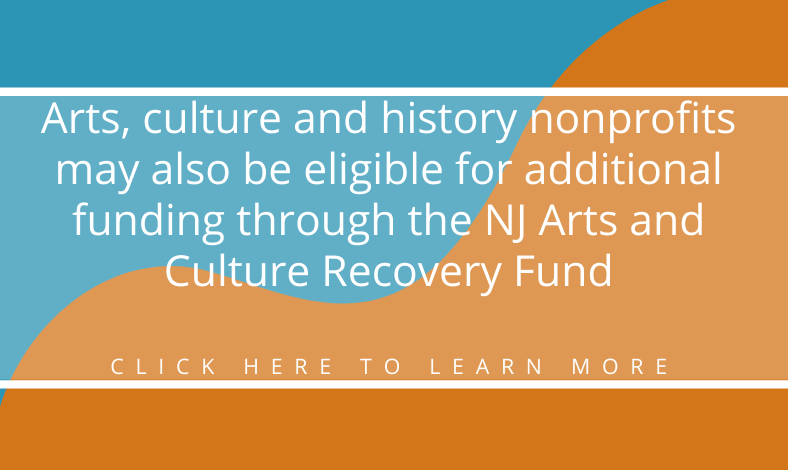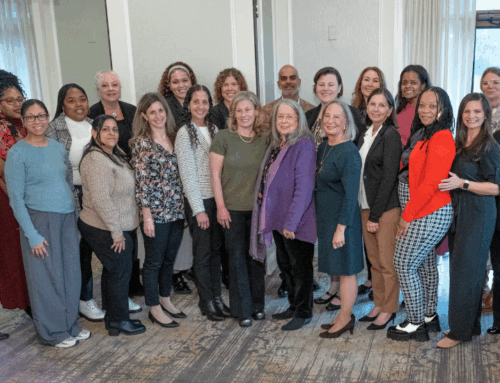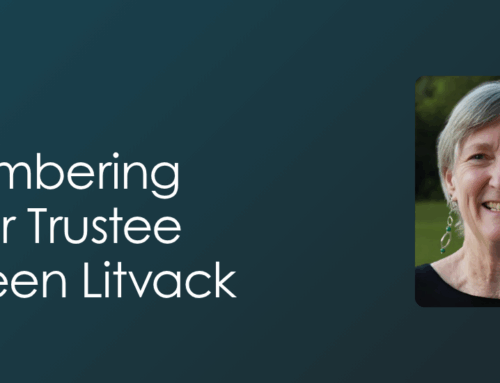The Princeton Area Community Foundation is finalizing its second phase of COVID-19 Relief & Recovery Fund grantmaking to continue to support the immediate needs of the community and to provide funding to help make nonprofits stronger.
The Community Foundation created the COVID-19 Fund in March in response to the pandemic. In the first round of funding, over $1 million was awarded to more than 50 nonprofits, working to feed families, prevent evictions and provide mental health and social services to those in need in our region. Nonprofits that received Phase 1 funding were also able to apply for Phase II grants.
The COVID-19 Fund received generous support from the late Betty Wold Johnson, George H. and Estelle M. Sands Foundation, Robert Wood Johnson Foundation, the Bunbury Fund, The Burke Foundation, Princeton University, Geraldine R. Dodge Foundation, Fund for Women and Girls, NJM Insurance Group, Horizon Foundation for New Jersey, Janssen, Billtrust, Bristol Myers Squibb Foundation, Princeton Regional Chamber of Commerce Foundation, Szaferman Lakind, Glenmede, Bryn Mawr Trust, Investors Foundation, and more than 300 individual donors.
Phase II grants will continue to support immediate community needs, such as food, rental assistance and social services. Grants will also be awarded to nonprofits that seek to strengthen operations and service delivery, and to build their capacity.
In Phase II, several grantmaking programs at the Community Foundation will collaborate to supplement the COVID-19 Fund. Applicants can submit a request through one entry point by answering an eligibility quiz. We believe this streamlined process will benefit nonprofits as they work to help our communities during this unprecedented crisis. Phase II funding will be awarded through a collaboration of:
- the Bunbury Fund;
- the Community Impact Grants/The Burke Foundation Legacy Grants;
- the COVID-19 Relief and Recovery Fund; and
- the Fund for Women and Girls
The application period ended on Nov. 30, and members of our evaluation team are finalizing their review of applications. Grants have been awarded on a rolling-basis over a three-month period in three categories:
- The Community Foundation will fund small nonprofits, with budgets of less than $50,000 through Neighborhood Needs Grants. These grants will support work in specific neighborhoods of low-income or vulnerable populations.
- Nonprofits can also apply for Continuing Relief & Unrestricted Operating Support for basic needs stemming from the pandemic or in support of operations. Basic needs grants will be made to support relief efforts, similar to Phase 1, including food insecurity and rental assistance. Nonprofits may also apply for unrestricted operating support for new or existing programs that respond to important community needs.
- Organizational Capacity-building grants will focus on work aligned with nonprofit recovery and rebuilding. These projects will address new challenges to how nonprofits operate facing decreased revenues, reduced staffing, the need for more collaboration, and new demands on leadership. For more information about these grants, review the guidance on our Bunbury Fund page.
More detailed information about each of the grants, including eligibility requirements, are available in the Phase II grant guidelines here.
The Community Foundation held a virtual Grant Information Session for nonprofits to review grant guidelines and answer questions. If you missed it, click here to watch the video.
A third phase of funding is expected to be launched soon to focus on long-term resiliency.
The Community Foundation is now hosting a statewide arts fund. Learn more by clicking on the box below.
SUMMARY OF FREQUENTLY ASKED QUESTIONS (FAQ)
The Community Foundation welcomes the opportunity to support the needs of the nonprofit community during these challenging times. The following summary addresses questions that have been frequently asked by community partners considering grant requests for this phase of funding.
We respectfully ask that you read through this information thoroughly before calling Community Foundation staff with your questions. We hope that answers in this FAQ, in conjunction with our detailed guidelines, will provide you with sufficient information to present an informed and complete application. This will help us keep our attention focused on getting funds to work in the community as quickly as possible.







